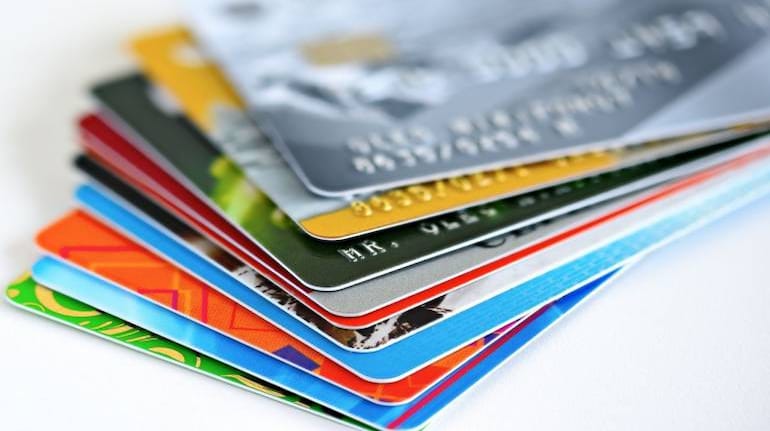
For years, we have been used to banks calling and pushing their credit cards on us. In fact, even existing credit card users get numerous messages from banks nudging them to increase their card spending eligibility limits. But did you know that banks can also cancel your credit card? Let me give you a real-life example.
A few years ago, a person invested Rs 4 lakh per month in the National Pension Scheme (NPS), Tier-2 account, continuously for a couple of months. NPS is a popular retirement savings investment that offers income-tax deduction benefits. There are two types of accounts available: Tier-1 and Tier-2. Tier-1 accounts have a long lock-in period, where the money cannot be withdrawn until retirement age. However, NPS-Tier 1 investors have the option to invest in NPS-2, which operates in the same manner but doesn't have a lock-in period.
In this particular instance, the individual used their credit card to invest in NPS-2 and earned reward points for the transaction. Shortly after, they withdrew the money from NPS-2 and paid their credit card bill with the same funds, resulting in no loss of money (aside from nominal transaction charges) but a significant amount of reward points gained for free.
However, the bank that had issued the credit card viewed this transaction as a violation of their reward policy and consequently cancelled the individual's credit card. This is just one example of how and why banks can cancel your credit card.
ALSO READ: Crypto tax: Searching for ways to lower burden leads to more confusion
Credit cards have become a common financial tool that many people use for daily transactions. They offer the convenience of cashless transactions, rewards and other benefits. However, credit card issuers have certain policies and rules that customers must follow. Failure to adhere to these policies could result in the cancellation of your credit card. In this article, we will explore some common mistakes that could result in your credit card being cancelled.
Late or Missed Payments
Late or missed payments are one of the most common reasons for credit card cancellation. Credit card issuers rely on interest and fees to generate revenue, and late payments affect their cash flow. If you consistently miss payments or pay after the due date, the issuer may cancel your credit card. This could also lead to a negative impact on your credit score.
ALSO READ: What young consumers should look for in health insurance
To avoid this mistake, set up automatic payments or reminders to ensure that you never miss a payment.
Non-Compliance with Terms and Conditions (MITC)
When you apply for a credit card, you agree to certain terms and conditions (MITC) set forth by the issuer. If you violate these terms and conditions, the issuer may cancel your card. This could include using the credit card for illegal activities such as for gambling, money laundering, using the personal credit card for business transactions, or providing false information on the credit card application.
ALSO READ: Four last minute tax-planning mistakes that can cost you heavily
To avoid this mistake, read and understand the terms and conditions of your credit card. Utilise your personal credit card only for personal expenses and refrain from using it for any business-related expenses or reselling goods.
Inactivity
Under the latest RBI guideline, your bank reserves the right to cancel your credit card if it remains unused for a period exceeding one year.
To avoid this, ensure that you utilise your credit card at least once within every twelve months, even if it's for small purchases. Consider setting up automatic payments for recurring expenses like subscriptions or bills to ensure that your card remains active.
Changes in Credit Score or Credit Report
Your credit score and credit report provide a snapshot of your financial health. If your credit score drops significantly or there are negative marks on your credit report, the issuer may cancel your card. This is because your credit score is an indication of your ability to manage your finances and pay your bills on time.
To avoid this mistake, monitor your credit score and credit report regularly. Address any negative marks on your credit report and make an effort to improve your credit score.
High Credit Utilisation
Credit utilisation refers to the percentage of credit you use compared to the total credit available to you. A high credit utilisation rate can signal to the issuer that you are overextending yourself financially. If you consistently use more than 30 percent of your available credit limit, the issuer may become concerned and may cancel your card.
ALSO READ: Fallen into a credit card debt trap? Here are strategies to pay off debt
To avoid this mistake, try to keep your credit utilisation below 30 percent of your credit limit.
In conclusion, owning a credit card comes with certain responsibilities and obligations. Failure to meet these obligations can result in credit card cancellation. To avoid this, make sure to pay your bills on time, keep your credit utilisation low, maintain a good credit score and comply with the terms and conditions of your credit card.